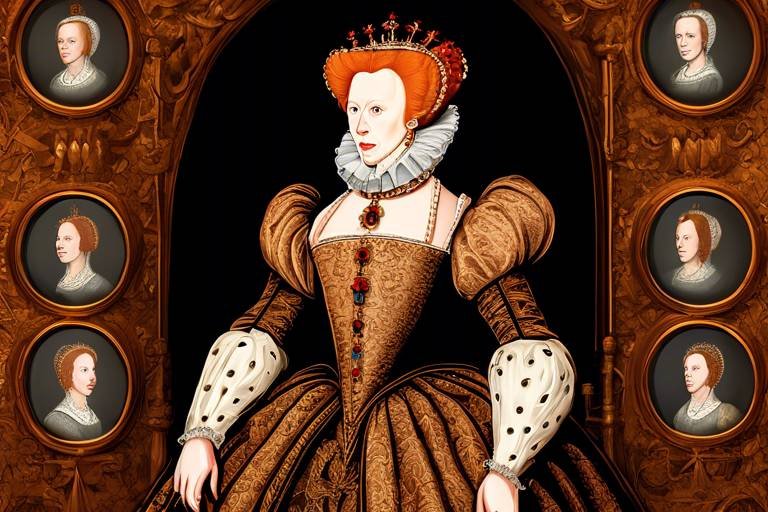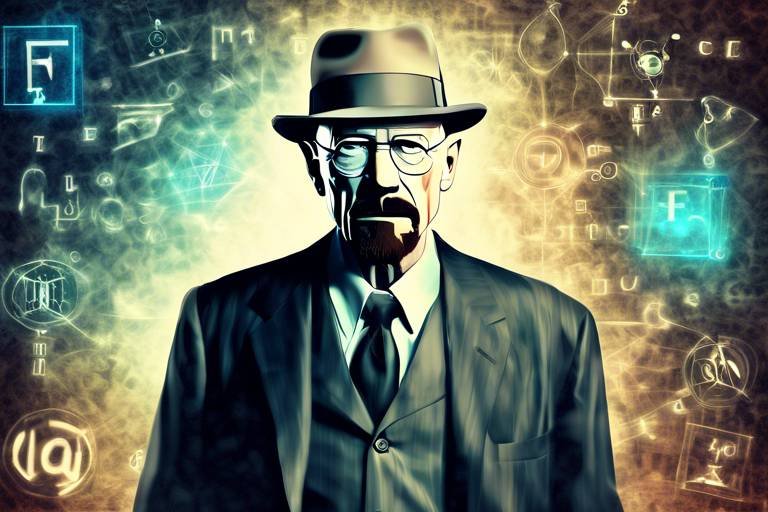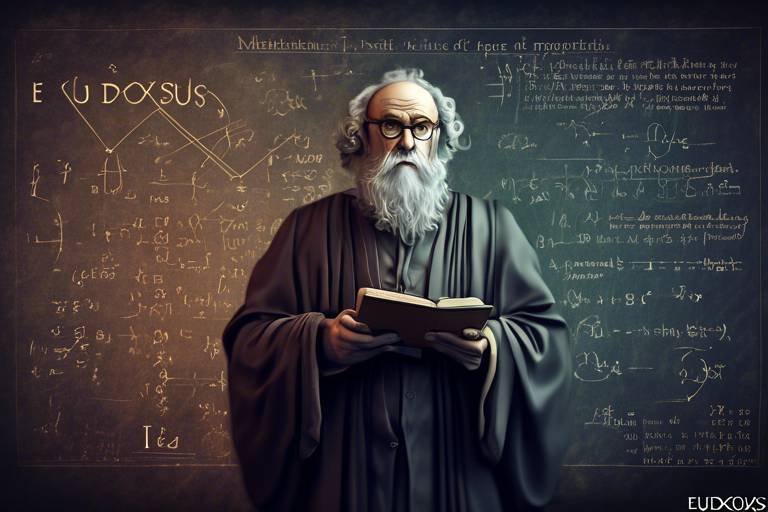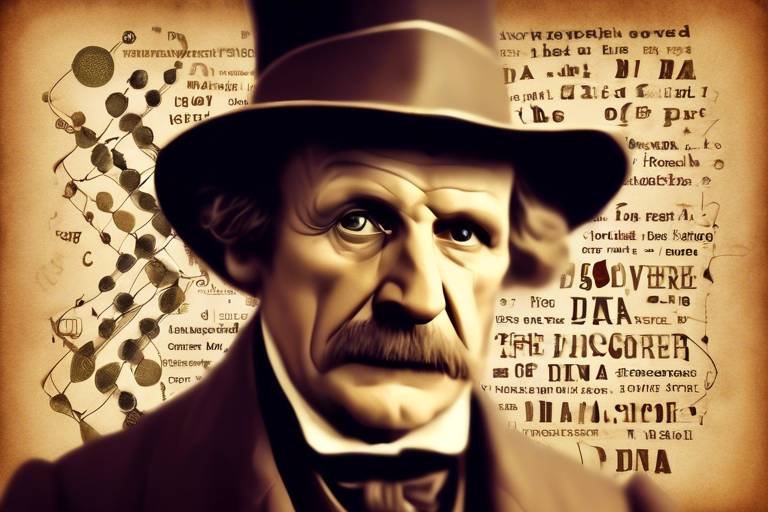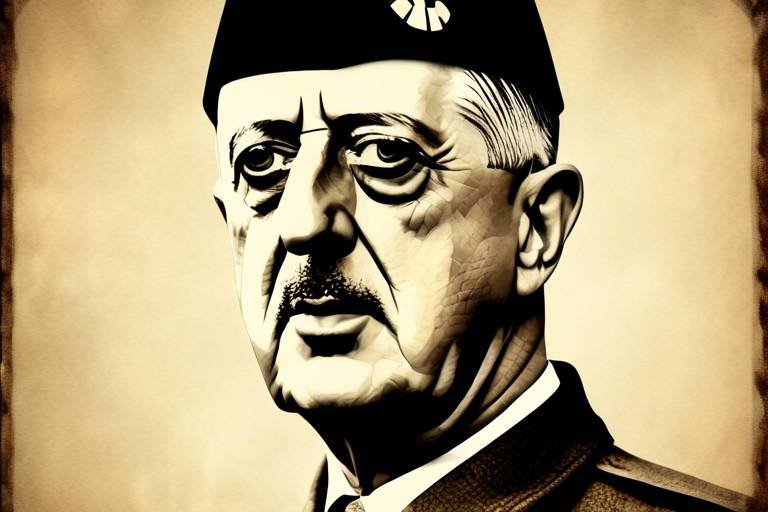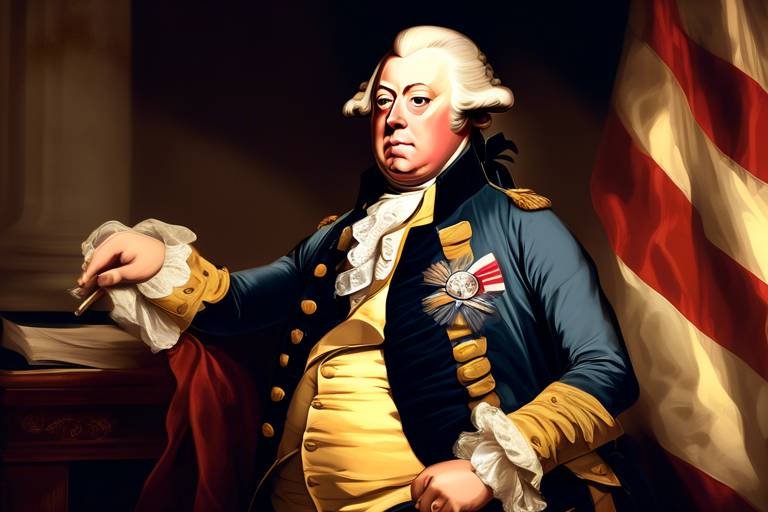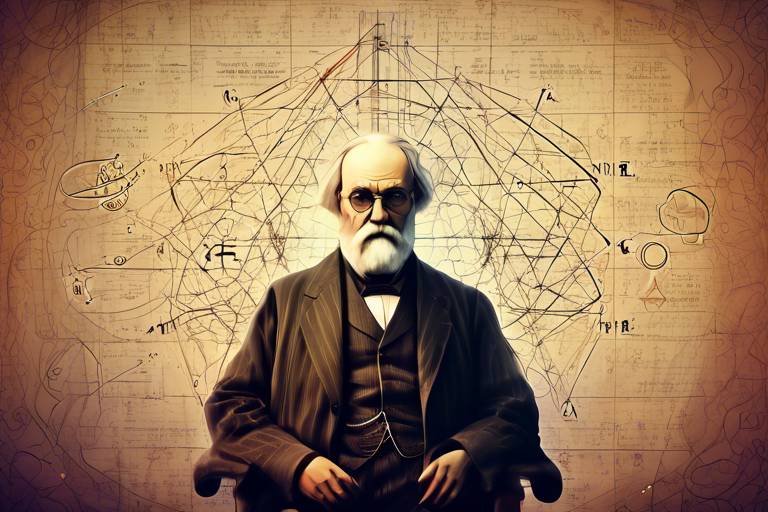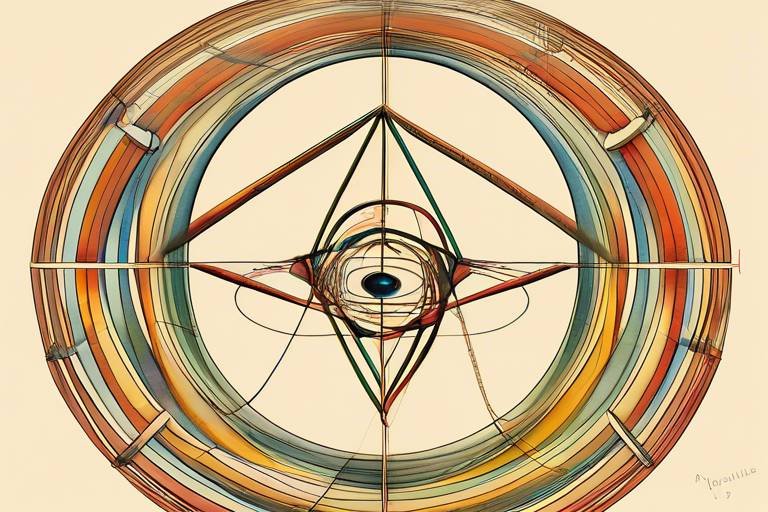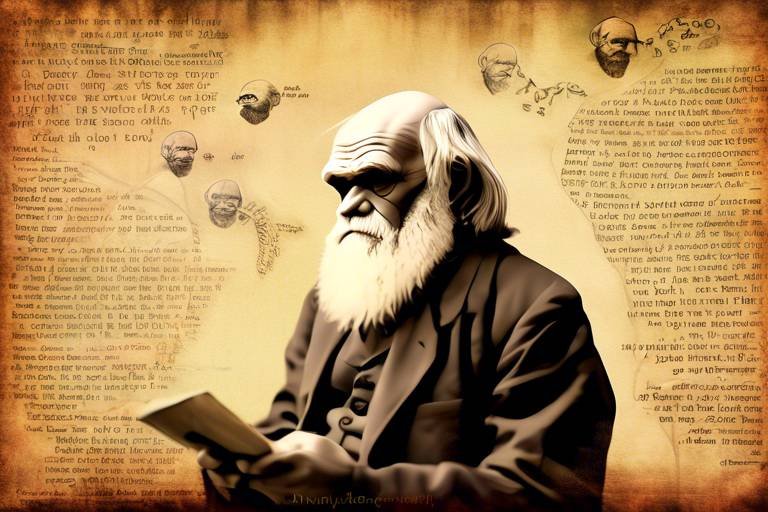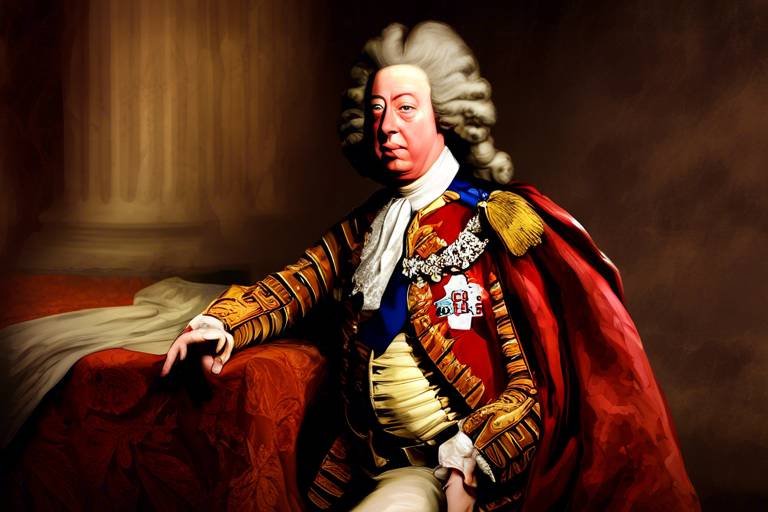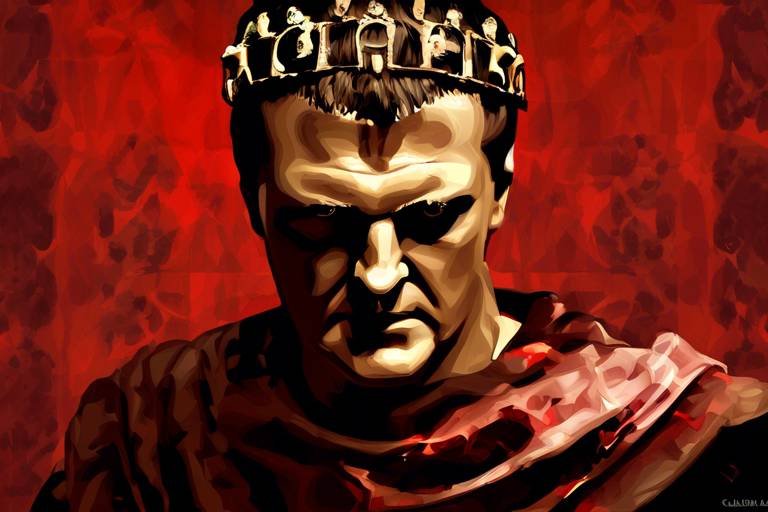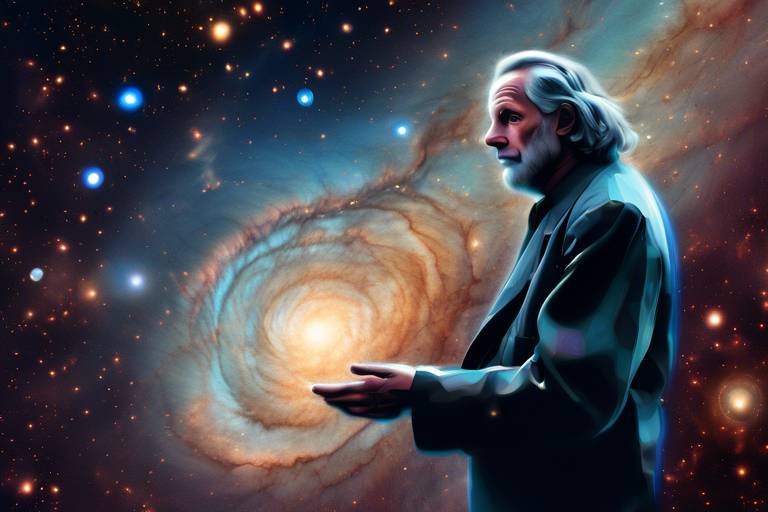Marco Polo: The Venetian Traveler
Marco Polo, the Venetian Traveler, is a legendary figure whose adventures have captivated generations. Born in Venice, Italy, Marco Polo's early life was steeped in the rich culture and trade of the bustling city. His upbringing in a merchant family instilled in him a curiosity and thirst for exploration that would shape his destiny.
Setting out on a journey to the East with his father and uncle, Marco Polo embarked on a daring expedition along the fabled Silk Road. The arduous trek led them to the majestic Mongol Empire, where they would find themselves in the presence of the great Kublai Khan, ruler of the vast empire.
During his time in the Mongol court, Marco Polo served Kublai Khan with distinction, immersing himself in the vibrant culture of China and engaging in a cultural exchange that would broaden his horizons. His travels took him to bustling cities like Beijing, Hangzhou, and Hormuz, where he marveled at the diversity of cultures and traditions.
Witnessing firsthand the intricate web of trade and commerce that connected distant lands, Marco Polo gained insights into the economic activities and commercial practices of the regions he visited. His keen observations and detailed accounts would later become invaluable sources of information for European traders and explorers.
After years of exploration and adventure in Asia, Marco Polo returned to Venice, where he was met with both skepticism and admiration for his tales of distant lands. His writings, including the famed "Book of the Marvels of the World," would leave a lasting legacy, shaping European perceptions of Asia and inspiring future explorers to seek out new horizons.
The legacy of Marco Polo's travels extends far beyond his own time, influencing European understanding of Asia and paving the way for cultural exchanges and explorations that would follow in his footsteps. His remarkable journey stands as a testament to the enduring spirit of exploration and discovery that continues to drive humanity forward.
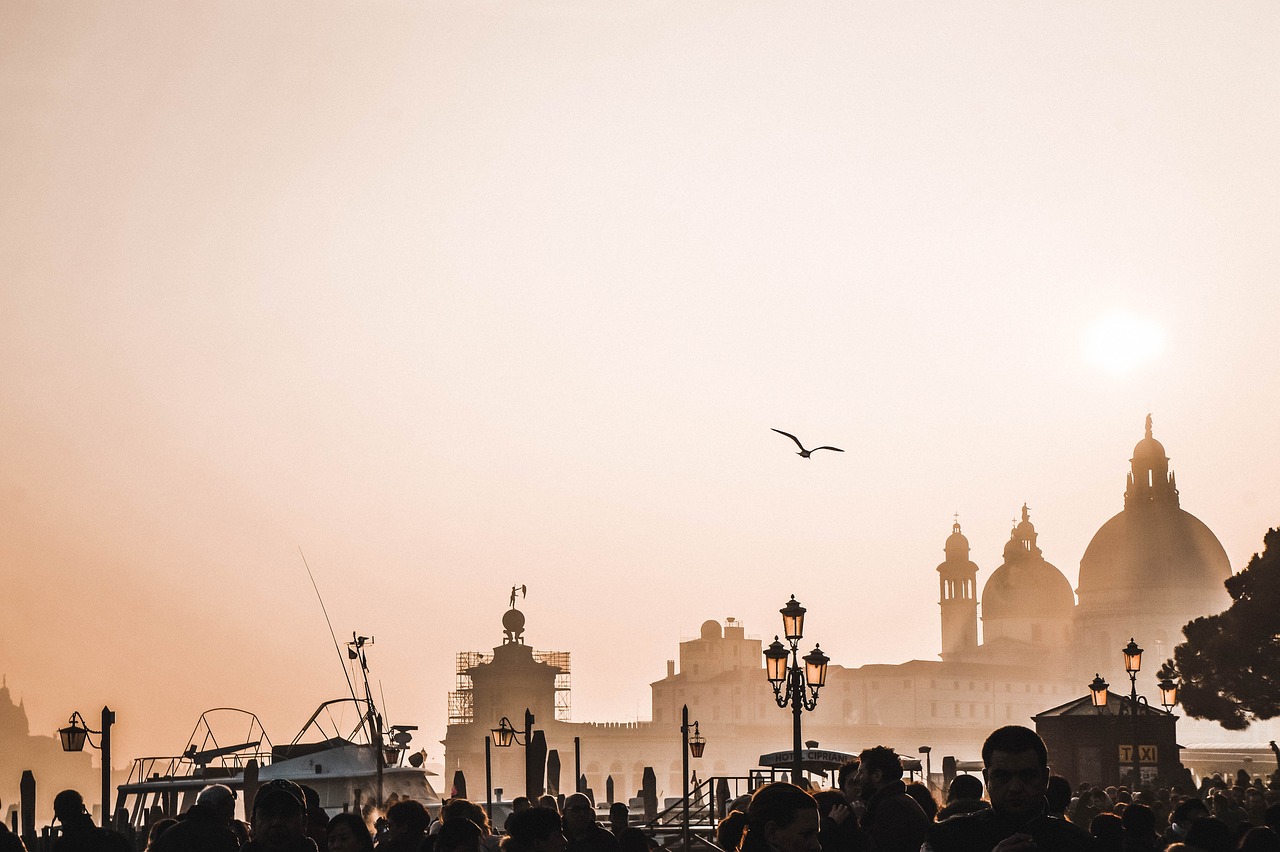
Early Life and Background
Exploring the life and adventures of Marco Polo, the renowned Venetian traveler who journeyed to the East and documented his experiences, influencing European perceptions of Asia and inspiring future explorers.
An overview of Marco Polo's upbringing in Venice, Italy, his family background, and the influences that shaped his curiosity and desire for exploration.
Marco Polo was born in Venice, Italy, in 1254, into a family of merchants. Growing up in a city known for its bustling trade and diverse cultures, young Marco was exposed to the world of commerce and the allure of distant lands from an early age. His father, Niccolo Polo, and uncle, Maffeo Polo, were successful merchants who often traveled to far-off markets, sparking Marco's interest in exploration and adventure.
Despite the wealth and comfort of his family, Marco Polo's upbringing was not just about business. His education included lessons in languages, mathematics, and geography, providing him with a well-rounded foundation for his future travels. The vibrant atmosphere of Venice, with its mix of European, Middle Eastern, and Asian influences, further fueled Marco's curiosity about the world beyond his homeland.
As Marco Polo matured, he became increasingly eager to venture beyond the familiar waters of the Mediterranean and explore the mysterious lands of the East. His family background, combined with his natural inquisitiveness and thirst for knowledge, set the stage for the remarkable journey that would define his life and legacy.
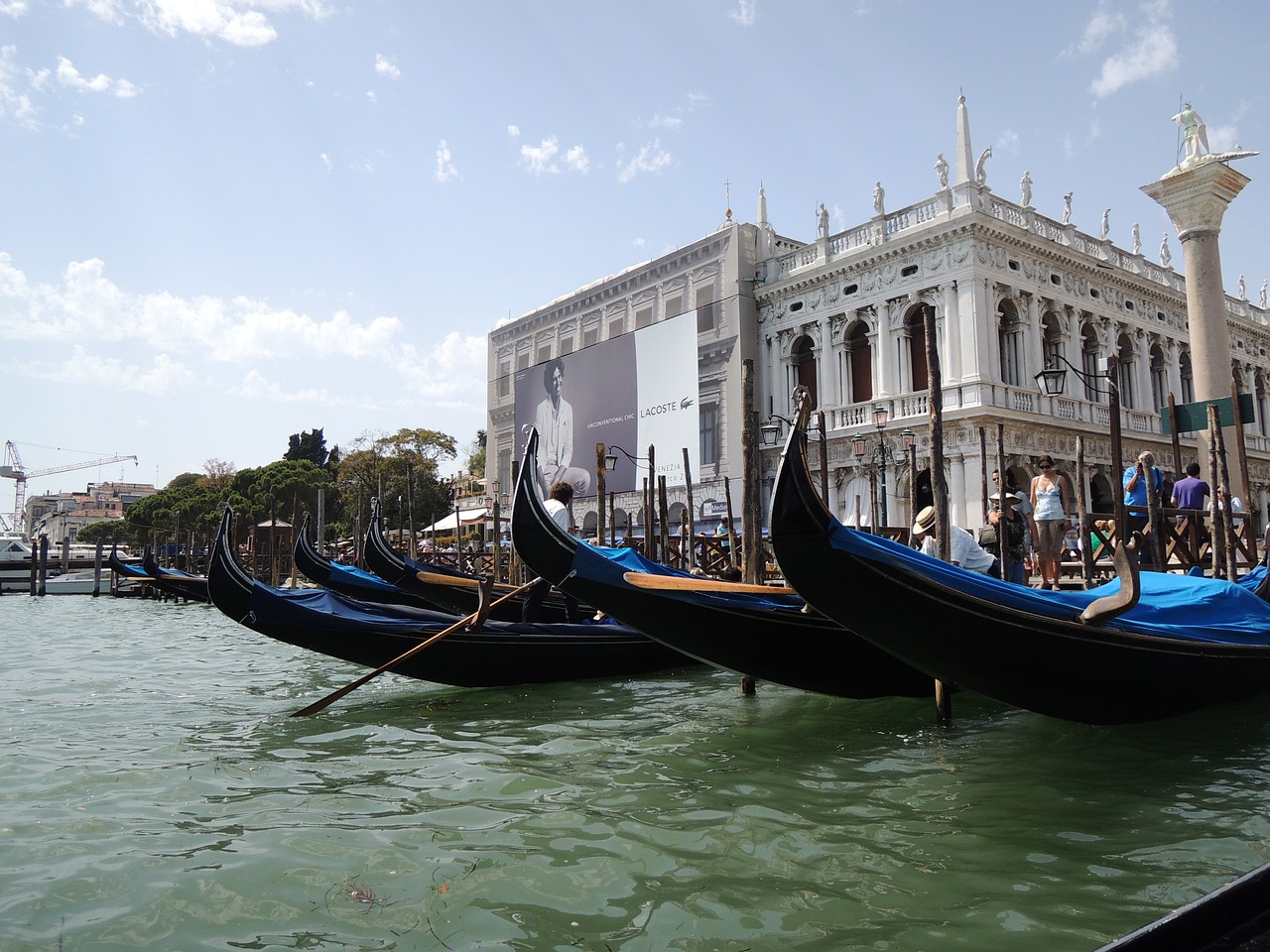
Departure for the East
Marco Polo's departure for the East marked the beginning of his extraordinary journey that would shape his legacy as a legendary traveler. Setting out from Venice alongside his father, Niccolò Polo, and his uncle, Maffeo Polo, Marco embarked on a mission of exploration and discovery that would take them across vast lands and unfamiliar territories.
The Polos' journey was not merely a physical one but also a journey of cultural exchange and enlightenment. Along the famed Silk Road, they encountered diverse peoples, experienced new customs, and witnessed the richness of the East's civilizations. Each step they took brought them closer to the heart of the Mongol Empire, where they would find themselves in the presence of the formidable Kublai Khan.
As they traversed the challenging landscapes and navigated through political complexities, Marco Polo's keen observations and insatiable curiosity began to shape his understanding of the world beyond his familiar Venetian surroundings. The challenges they faced during their travels only fueled their determination to reach the distant lands of the East, where wonders and mysteries awaited.
The Polo family's departure for the East was not just a physical journey but a transformative experience that would expand their horizons, test their resilience, and ultimately lead them to the court of Kublai Khan, where Marco's destiny as a traveler and chronicler of distant lands would truly begin.

Service to Kublai Khan
During his time in the Mongol Empire, Marco Polo served Kublai Khan, the powerful ruler of the vast territory. His interactions with Kublai Khan were not only significant but also instrumental in shaping his experiences in Asia. Polo was appointed as an official in the Khan's court, where he took on various roles and responsibilities. These included diplomatic missions, administrative tasks, and even assignments related to the management of the empire's vast resources.
Through his service to Kublai Khan, Marco Polo gained valuable insights into the inner workings of the Mongol Empire. He witnessed the grandeur of the imperial court, the complexities of governance, and the cultural richness of the diverse regions under Khan's rule. Polo's time in the service of Kublai Khan provided him with a unique opportunity to immerse himself in the customs, traditions, and practices of the Mongols, further enriching his travel experiences and shaping his understanding of the East.

Adventures in Asia
Exploring the life and adventures of Marco Polo, the renowned Venetian traveler who journeyed to the East and documented his experiences, influencing European perceptions of Asia and inspiring future explorers.
An overview of Marco Polo's upbringing in Venice, Italy, his family background, and the influences that shaped his curiosity and desire for exploration.
Detailing Marco Polo's departure from Venice with his father and uncle, their encounters along the Silk Road, and their eventual arrival in the Mongol Empire.
Exploring Marco Polo's interactions with Kublai Khan, his roles and responsibilities in the Mongol court, and the cultural exchange that occurred during his time in China.
Marco Polo's travels throughout Asia were nothing short of extraordinary. His journeys took him to bustling cities like Beijing, Hangzhou, and Hormuz, where he immersed himself in the vibrant cultures and diverse landscapes of the East. Through his vivid descriptions in his writings, he painted a vivid picture of the regions he explored, captivating readers with tales of exotic lands and ancient traditions.
During his adventures in Asia, Marco Polo encountered a myriad of exotic cultures, each more intriguing than the last. From the opulence of the Mongol Empire to the bustling markets of Hangzhou, he marveled at the customs and traditions of the people he met along the way. His keen observations and detailed accounts provided valuable insights into the rich tapestry of Asian societies.
As he traversed the vast expanse of Asia, Marco Polo also delved into the intricate world of trade and commerce. His experiences in the bustling markets and trading hubs of the East offered him a unique perspective on the economic activities and commercial practices of the regions he visited. Through his keen eye for business opportunities, he gained valuable insights that would shape his future endeavors.
After years of exploration and adventure, Marco Polo finally returned to Venice, where he was met with both curiosity and acclaim. His tales of distant lands and exotic cultures captivated audiences across Europe, solidifying his legacy as one of history's greatest explorers. Despite facing skepticism and doubt, his writings endured, leaving a lasting impact on future generations of travelers and scholars.
Marco Polo's travels left an indelible mark on European understanding of Asia, paving the way for future explorations and cultural exchanges. His detailed accounts and vivid descriptions opened up new horizons for Western audiences, sparking a wave of interest in the mysteries of the East. Through his pioneering spirit and insatiable curiosity, he inspired generations of adventurers to follow in his footsteps and explore the far reaches of the world.

Encounters with Exotic Cultures
During his travels in Asia, Marco Polo encountered a myriad of exotic cultures that fascinated and intrigued him. From the bustling markets of Beijing to the serene beauty of Hangzhou, each destination offered a unique glimpse into the diverse tapestry of Asian societies. One of the most captivating aspects of Polo's accounts was his vivid descriptions of the people he met along the way. He chronicled encounters with nomadic tribes in the Mongolian steppes, merchants in the bustling ports of Hormuz, and scholars in the grand cities of the East.
Through his keen observations and detailed writings, Marco Polo provided European readers with a window into a world vastly different from their own. He described the customs, traditions, and social norms of various cultures, shedding light on practices that were both exotic and intriguing to Western audiences. Polo's encounters with exotic cultures not only enriched his own understanding of the world but also broadened the horizons of those who read his accounts back in Europe.
One of the most striking aspects of Polo's encounters was his ability to bridge the gap between East and West through his interactions with diverse communities. He immersed himself in the local customs, learned the languages, and forged connections with people from all walks of life. This cross-cultural exchange not only enriched Polo's own experiences but also laid the foundation for future diplomatic and commercial relationships between Europe and Asia.

Trade and Commerce
When it comes to Marco Polo's adventures in Asia, his involvement in trade and commerce played a significant role in shaping his experiences and interactions in the region. Marco Polo was not only a traveler but also a keen observer of the economic activities and commercial practices of the diverse regions he visited.
One of the key aspects of Marco Polo's engagement in trade was his participation in the lucrative Silk Road trade network. This ancient network of trade routes connected the East and West, enabling the exchange of goods, ideas, and cultures. Marco Polo's journeys along the Silk Road allowed him to witness firsthand the bustling markets, caravan routes, and trading hubs that facilitated the flow of commodities across vast distances.
Moreover, Marco Polo's insights into the economic dynamics of the regions he traversed provided valuable information for European merchants and traders seeking new opportunities in the East. His detailed accounts of the commodities traded, the pricing mechanisms, and the negotiation tactics employed in Asian markets offered a unique perspective on the complexities of cross-border commerce during the medieval period.
Additionally, Marco Polo's interactions with local merchants, artisans, and traders during his travels enriched his understanding of the diverse commercial practices prevalent in Asia. From the bustling marketplaces of Beijing to the maritime trade routes of Southeast Asia, Marco Polo documented the vibrant economic exchanges that fueled the prosperity of the regions he explored.
Overall, Marco Polo's exploration of trade and commerce in Asia not only broadened his own horizons but also contributed to the dissemination of knowledge about distant lands and cultures in Europe. His observations on the intricacies of trade routes, market dynamics, and business transactions served as a bridge between East and West, fostering cross-cultural connections and paving the way for future commercial ventures.
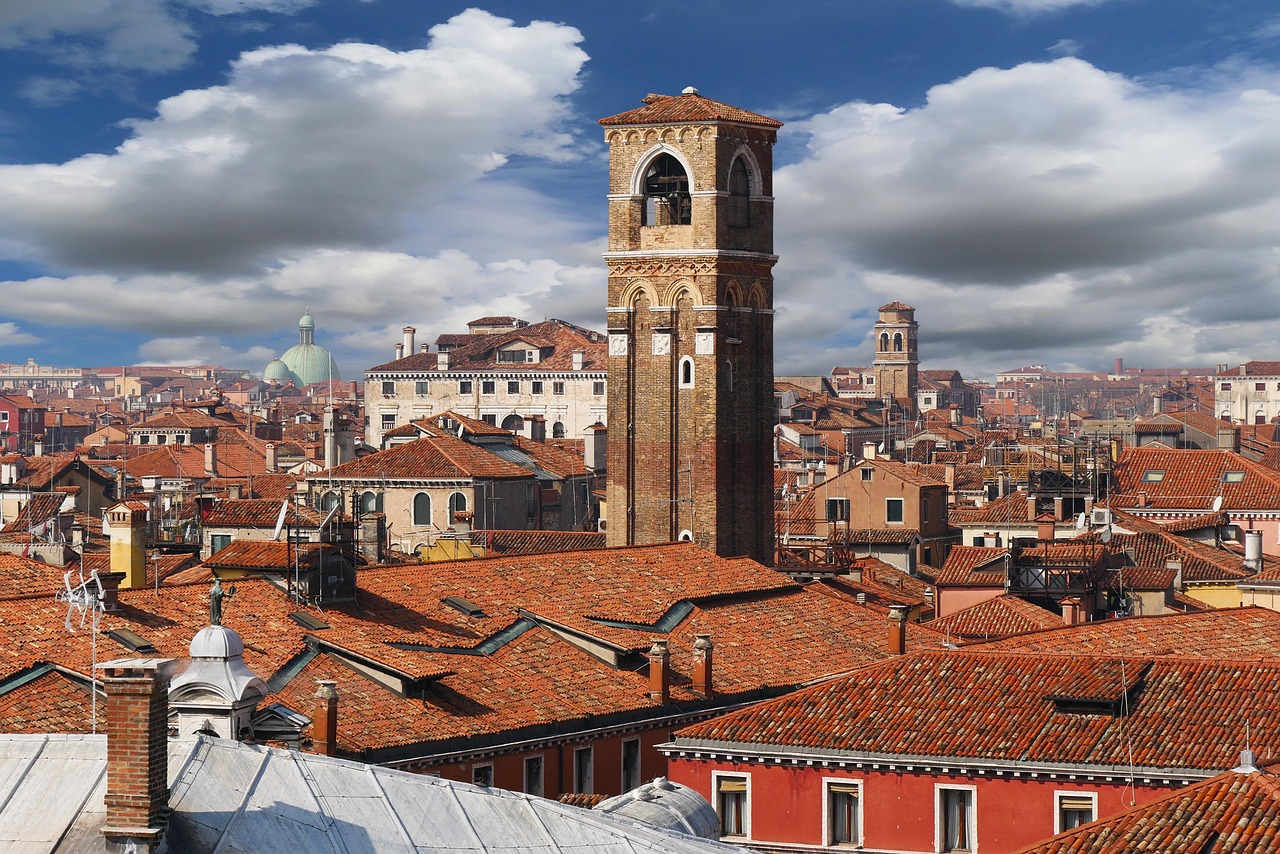
Return to Venice and Later Life
After years of exploration and adventure in the distant lands of Asia, Marco Polo finally returned to his beloved Venice, a city he had left behind as a young man full of curiosity and dreams. The return of the renowned traveler was not just a homecoming but a triumphant arrival of a man who had witnessed wonders beyond imagination and had stories to share that would captivate the minds of Europeans for generations to come.
Upon his return, Marco Polo was met with both curiosity and skepticism. His vivid accounts of the exotic lands he had visited, the riches he had seen, and the customs he had encountered seemed almost unbelievable to the people of Venice. However, as he shared his experiences and knowledge gained from his travels, Marco Polo slowly began to weave a tapestry of the East that fascinated and inspired those around him.
Despite facing initial doubts and challenges, Marco Polo's legacy in Venice grew as his writings, known as "The Travels of Marco Polo," gained popularity and recognition. His detailed descriptions of the lands, cultures, and people he had encountered during his journey sparked a newfound interest in exploration and trade with the East, shaping the future of European interactions with Asia.
As Marco Polo settled back into life in Venice, he continued to share his experiences and insights with eager listeners, further solidifying his reputation as a master storyteller and adventurer. His tales of distant lands, magnificent cities, and ancient customs transported his audience to a world they had only dreamed of, igniting a sense of wonder and curiosity that would endure long after his passing.
Marco Polo's later life in Venice was marked by the legacy of his travels, with his name becoming synonymous with exploration and discovery. His impact on European perceptions of Asia and the cultural exchange that followed in the wake of his journey laid the foundation for future explorers and traders to seek out new horizons and forge connections across continents.
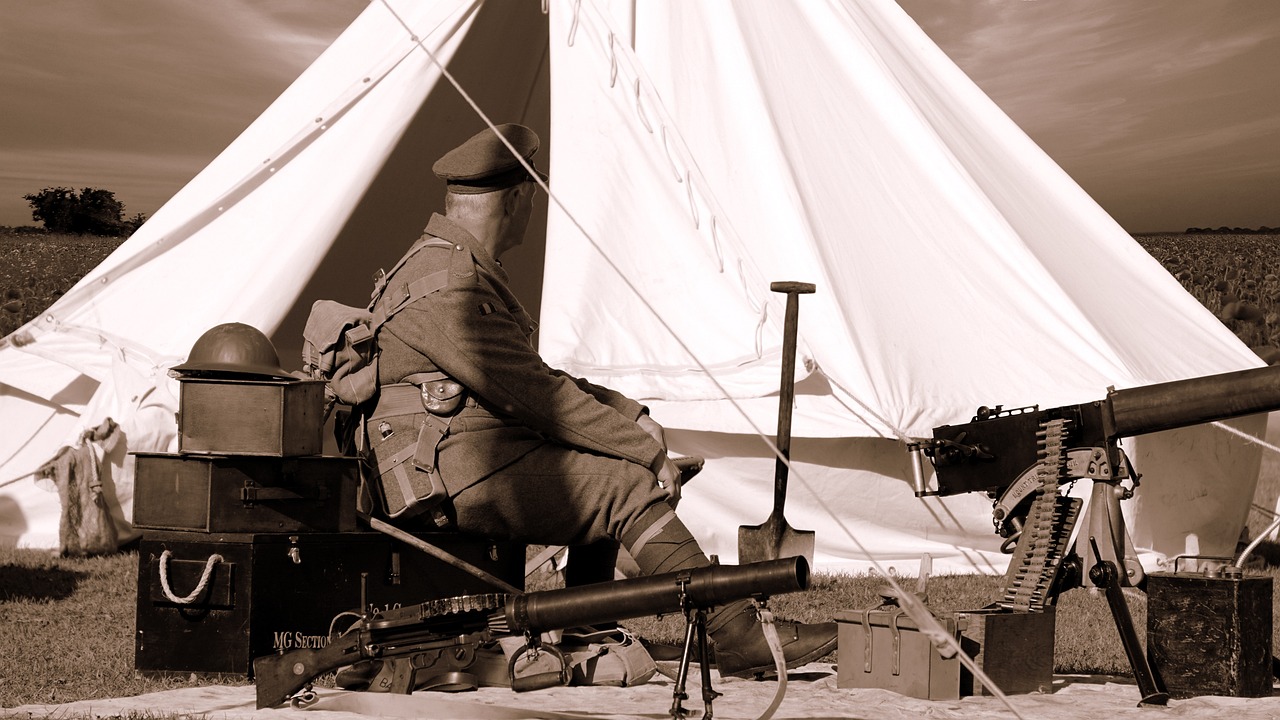
Legacy and Impact
Marco Polo's travels had a profound and lasting impact on European perceptions of Asia and the broader world. His detailed accounts of the exotic lands he visited sparked curiosity and wonder among his contemporaries, shaping their understanding of distant cultures and civilizations. Through his writings, Marco Polo not only documented his adventures but also inspired future generations of explorers and adventurers to venture into the unknown.
One of the key aspects of Marco Polo's legacy is his contribution to bridging the gap between East and West. By sharing his observations of Asian societies, customs, and traditions, he facilitated cultural exchanges and promoted cross-cultural understanding. His descriptions of the opulence of the Mongol Empire and the sophistication of Chinese cities like Beijing and Hangzhou captivated European audiences, fueling their imagination and desire for exploration.
Moreover, Marco Polo's insights into trade and commerce in Asia played a significant role in shaping European economic policies and commercial activities. His accounts of the bustling markets of the Silk Road and the lucrative trade routes he encountered provided valuable information that influenced European trade practices and encouraged further exploration of new markets and opportunities.
Despite facing skepticism and criticism upon his return to Venice, Marco Polo's legacy endured through the centuries. His writings, notably "The Travels of Marco Polo," became a seminal work in the genre of travel literature, inspiring countless adventurers, scholars, and historians. The impact of his journey reverberated through the Age of Exploration, influencing the likes of Christopher Columbus and Vasco da Gama in their own voyages of discovery.
In conclusion, Marco Polo's legacy as a Venetian traveler and explorer transcends time, leaving an indelible mark on European history and the world of exploration. His courage, curiosity, and openness to new experiences continue to inspire individuals to push the boundaries of knowledge and embark on their own journeys of discovery.
Frequently Asked Questions
- Who was Marco Polo?
Marco Polo was a Venetian traveler and explorer who journeyed to the East in the 13th century, documenting his experiences and encounters in his famous travelogue.
- What is Marco Polo known for?
Marco Polo is known for his extensive travels throughout Asia, his detailed descriptions of the regions he visited, and his role in influencing European perceptions of the East.
- Where did Marco Polo travel?
Marco Polo traveled to various regions in Asia, including China, Mongolia, Persia, and India, visiting cities such as Beijing, Hangzhou, and Hormuz during his journeys.
- How did Marco Polo's travels impact European exploration?
Marco Polo's travels played a significant role in expanding European understanding of Asia, inspiring future explorers, and contributing to the Age of Discovery in the following centuries.
- What was the legacy of Marco Polo?
Marco Polo left behind a lasting legacy through his writings, which provided valuable insights into Asian cultures and societies, as well as influencing the development of global trade and commerce.



